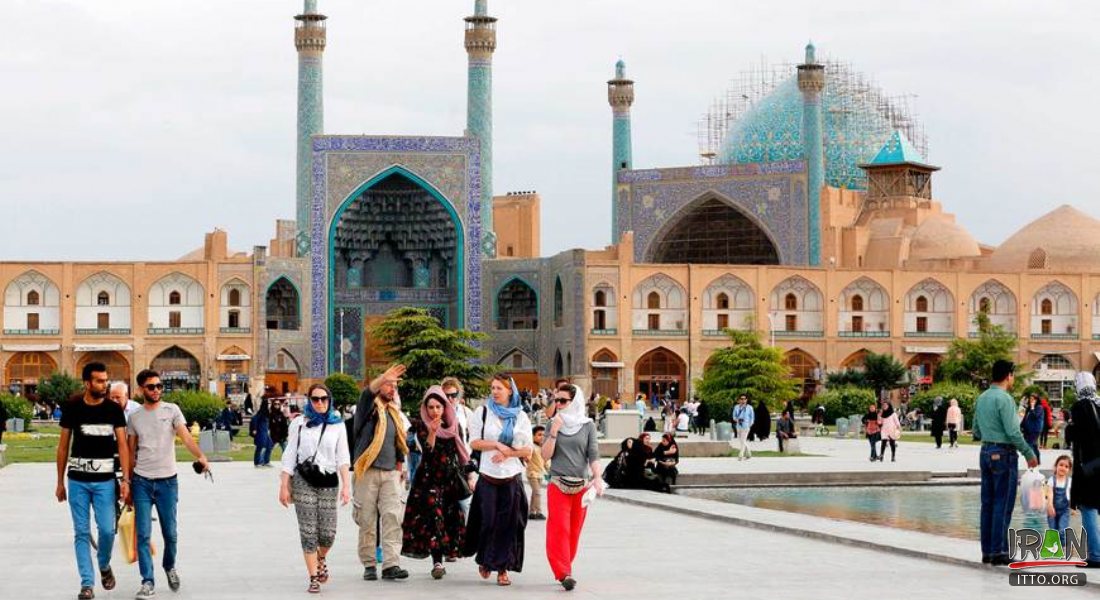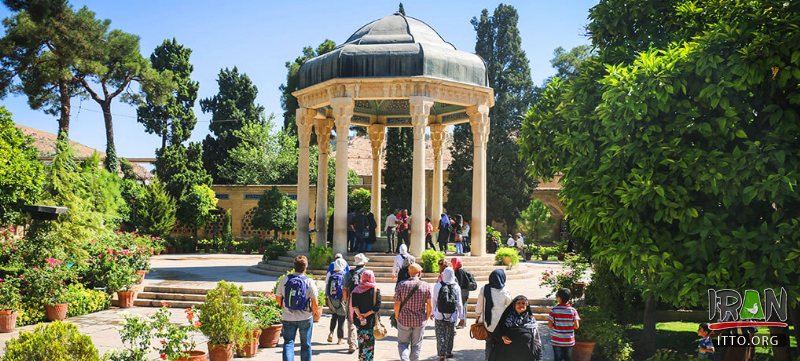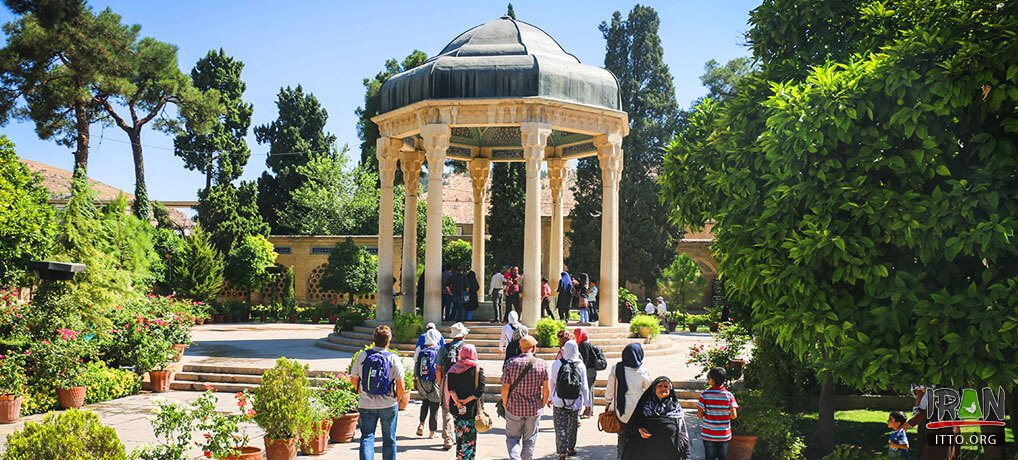Austria and Japan have significantly downgraded their travel warnings on Iran, a caution they, among some other countries, issued following the deadly crash of a Ukrainian plane near Tehran last month.
The jetliner, with 176 people onboard, was mistakenly downed on January 8 by the Islamic Revolution Guards Corps (IRGC) air defense system, a few hours after Iran fired missiles at a U.S. airbase inside Iraq in retaliation to the assassination of Iranian Lieutenant General Qassem Soleimani in Baghdad on January 3.
“The Ministry of Foreign Affairs of Japan has eliminated its travel warning on Iran [asking its citizens to avoid ‘non-essential’ travel to the country] and it has also terminated depicting Iran’s security map with a warning sign”.
An advisory, which warned about traveling to Iran, is now deleted from the website of the ministry.
Austrian ambassador to Tehran Stefan Scholz on Monday wrote on his Instagram account that his country has lowered its travel warning for Iran.
“Austria has downgraded its travel warning for Iran, repealing its general advice against non-essential travels following a thorough reassessment of the security situation.”
“We believe that the risk to Austrian nationals except for some specific border areas has changed. This decision will also further contribute to civil society contacts and commerce,” the envoy added.
Late in January, the EU Aviation Safety Agency (EASA) approved that European airlines can return to parts of Iranian and Iraqi airspace. Germany’s Lufthansa was among airlines that canceled flights over the affected airspace.
Inbound tours started to severely drop following the crash, triggering a major setback to Iran’s budding tourism industry. The blow, however, is being hoped to be amended as soon as possible by a comprehensive action plan Iran’s tourism ministry has put into practice since January 25.
In the same time, Iran’s Minister of Cultural Heritage, Tourism and Handicrafts Ali-Asghar Mounesan issued a statement, inviting all travelers and holidaymakers to visit the ancient land, saying that the country-size guesthouse is wholeheartedly ready to receive tourists from around the world.

Over 1,800 tourism projects are currently underway across the country with an investment worth 430 trillion rials ($4.5 billion), heralding bright prospects for the industry.
The official emphasized that the Iranian government is trying its best to host incoming tourists by improving tourism infrastructure, offering attractive and pocket-friendly packages, as well as incentives such as visa waivers or 90-day visas on arrival.
The 2019 Travel Risk Map, which shows the risk level around the world, put Iran among countries with “insignificant risk”, a category where the UK, Denmark, Switzerland, Norway, and Finland are placed in.





